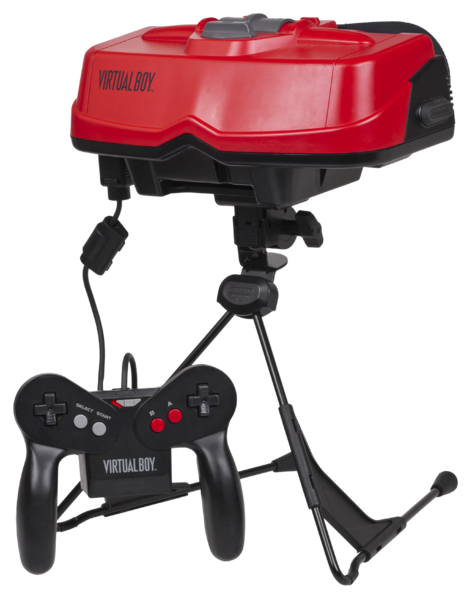 Zitat von Iwata
Zitat von Iwata
Last year, an unprecedented thing in the history of the Japanese video game market happened: Five titles for Nintendo 3DS sold more than two million copies each in the latter six-month period of 2014. As this record-breaking incident attests, video game software sales have been progressing smoothly on dedicated video game hardware even after smart devices have become widespread in this country.
...
Of course, the challenge of asking our consumers to purchase dedicated video game hardware has become harder now that smart devices have widely spread. However, we recognize that our business model of producing both video game hardware and software is effective even today, and we do not share this pessimistic view of the future for dedicated video game systems.
...
Last year we also started a project to integrate the architecture for our future platforms. What we mean by integrating platforms is not integrating handhelds devices and home consoles to make only one machine. What we are aiming at is to integrate the architecture to form a common basis for software development so that we can make software assets more transferrable, and operating systems and their build-in applications more portable, regardless of form factor or performance of each platform. They will also work to avoid software lineup shortages or software development delays which tend to happen just after the launch of new hardware.
...
Still, I am not sure if the form factor (the size and configuration of the hardware) will be integrated. In contrast, the number of form factors might increase. Currently, we can only provide two form factors because if we had three or four different architectures, we would face serious shortages of software on every platform.
To cite a specific case, Apple is able to release smart devices with various form factors one after another because there is one way of programming adopted by all platforms. Apple has a common platform called iOS. Another example is Android. Though there are various models, Android does not face software shortages because there is one common way of programming on the Android platform that works with various models. The point is, Nintendo platforms should be like those two examples.
Whether we will ultimately need just one device will be determined by what consumers demand in the future, and that is not something we know at the moment. However, we are hoping to change and correct the situation in which we develop games for different platforms individually and sometimes disappoint consumers with game shortages as we attempt to move from one platform to another, and we believe that we will be able to deliver tangible results in the future.
...
As for which Nintendo IP will be used, we do not intend to make any exceptions.Potentially, any Nintendo IP could be used in our smart device software....
Please also note that, even if we use the same IP on our dedicated video game
systems and smart devices, we will not port the titles for the former to the latter just as they are. There are significant differences in the controls, strengths and weaknesses between the controllers for dedicated game systems and the touchscreens of smart devices. We have no intention at all to port existing game titles for dedicated game platforms to smart devices because if we cannot provide our consumers with the best possible play experiences, it would just ruin the value of Nintendo’s IP.
...
Zitat























 Ich glaub die Anmerkung hat hier aber kaum jemand kapiert xD
Ich glaub die Anmerkung hat hier aber kaum jemand kapiert xD
 .
.

